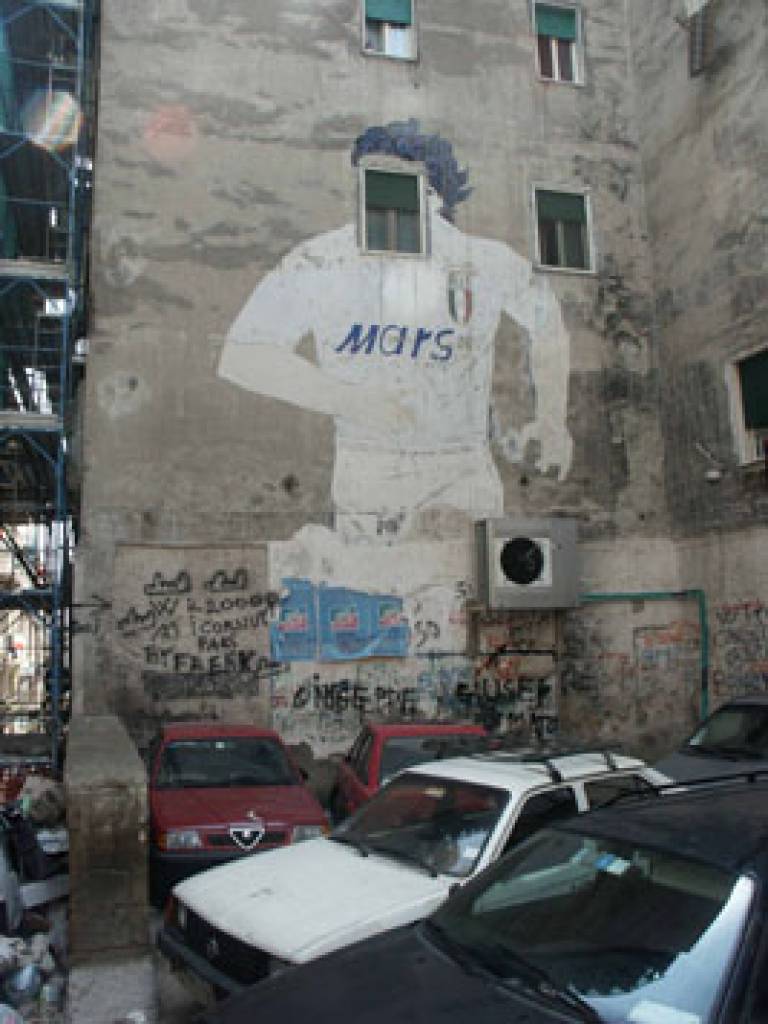La dolce vita
14 April 2005
A two-day conference examining five Italian cities through the medium of documentary film will mark the culmination of a four-year AHRB-funded project by UCL's Department of Italian.
 "Memory and Place in
the 20th Century Italian City" - to be held at Royal Holloway on 29 and
30 April 2005 - looks at Messina, Milan, Naples, Rome and Venice
through a series of intimate interviews which recall particular events
peculiar to each city.
"Memory and Place in
the 20th Century Italian City" - to be held at Royal Holloway on 29 and
30 April 2005 - looks at Messina, Milan, Naples, Rome and Venice
through a series of intimate interviews which recall particular events
peculiar to each city. The films combine 'talking head' interviews with newsreels and in some cases original Super 8 footage. Dr John Foot, who project-managed the study said: "Super 8 is like gold and tells us more about history than newsreels." Royal Holloway provided the technical support to help make the films, although all the UCL academics involved learnt how to edit and direct their own work.
The Rome documentary, written and directed by Professor David Forgacs, looks at the San Lorenzo district of the city, examining the legacy of events such as the Allied bombing of the area during the Second World War and the extreme left politics of the 1970s. Memories of the November 1980 earthquake provide the focus for Dr Nicholas Dines' Naples documentary, which concentrates on the Montecalvario-Avvocata district of the city, which was seriously damaged by the natural disaster. The focus of the Messina film, written by Dr John Dickie, is also an earthquake, although this one occurred in 1908, outside of living memory. Dr Dickie's film explores the Messinesi view that theirs is a "city without memory."
The effects of industrialisation and deindustrialisation on an area's identity, history and memory are analysed in Dr Laura Cerasi's Venice film, which concentrates on the Porto Marghera area of the city from the 1930s to the 1990s. Dr Foot takes a slightly different approach with his film, looking at the history of Milan through just one working-class apartment block. The film charts the history of the city's industrial heyday and eventual decline through the ever-changing inhabitants of the block, among whom Dr Foot himself has numbered.
While the major thrust of the project has been to provide a much clearer understanding of place and memory in an urban context, many of the films have taken on a life of their own outside of academia. "The impact of film is so much more powerful than an academic article - we had some people crying after they had seen the footage", commented Dr Foot.
The films have been shown in Italy and will be screened at UCL as
part of the Department of Anthropology's Pocketvisions documentary film
project.
For more information on the conference and the project use the links below.
Links:
Memory and Place in the 20th Century Italian City
Five cities - Five films conference
 Close
Close

